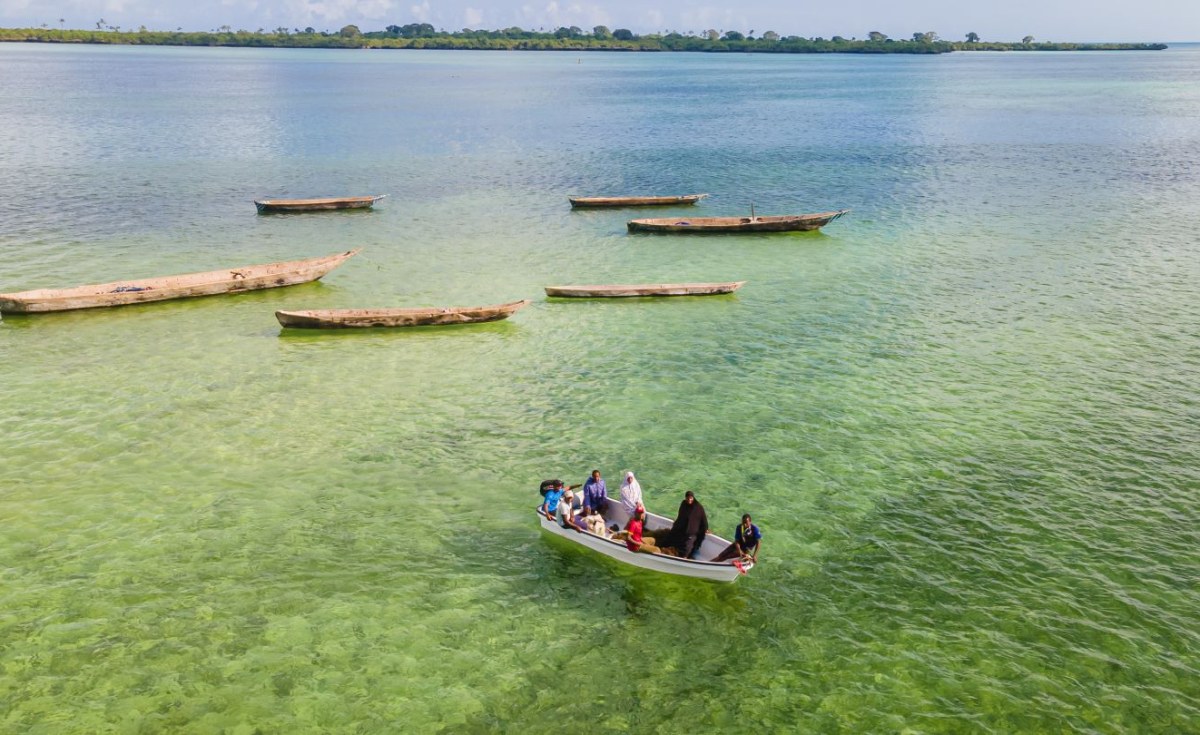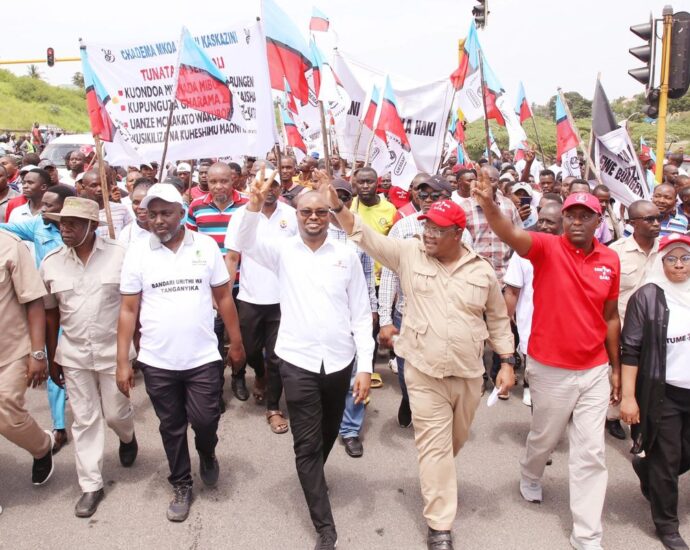Tanzania: Disregard Public Notice Allegedly From Tanzania’s Examinations Council Announcing Deadline for Correcting Names On Certificates
Disregard public notice allegedly from Tanzania’s examinations council announcing deadline for correcting names on certificates
IN SHORT: A message allegedly from the National Examinations Council of Tanzania claims that Tanzanians can correct name discrepancies on certificates via WhatsApp. But according to the council, this is not true and the message should be ignored.
A public notice supposedly from the National Examinations Council of Tanzania (Necta) is circulating on Facebook.
The notice claims to offer Tanzanians who completed secondary school between 1988 and 2024 the opportunity to correct discrepancies in their names on various certificates. This includes corrections to birth, education and professional qualifications certificates.
Necta is a government body responsible for administering all national examinations and assessments in Tanzania.
The notice outlines the procedure for Tanzanians to correct mismatched names on their certificates to avoid confusion when applying for jobs. For the changes to be made, the notice instructs citizens to submit their documents via WhatsApp.
The fee for this correction service is TSh37,850 (about US$15) and the deadline for applications is 30 August 2024.
Similar versions of the notice have also been posted on Facebook before, asking citizens to pay varying fees for correcting names on different certificates.
The notice has been published here and here. (Note: See more instances listed at the end of this report). But is it legitimate?
Fake public notice
There are signs that the notice might be fake.
One is that the notice instructs people to send their documents via WhatsApp. This is an unusual way for a Tanzanian government agency to receive official applications. Such applications are usually submitted to a dedicated office or online portal.
To find out if the information on the notice was correct, we checked the e-services section of Necta’s website. We found guidelines on how to request name corrections on certificates.
The website has a strict deadline for submitting correction requests. You have one year from the date your results are published to request a name correction on your transcript.
The fee for correcting a name on a certificate is TSh35,000, according to the Necta website.
On 4 July, Necta posted the same public notice stamped “FAKE NEWS”.
The fake notice has also been posted here and here.
Source: allafrica.com




















